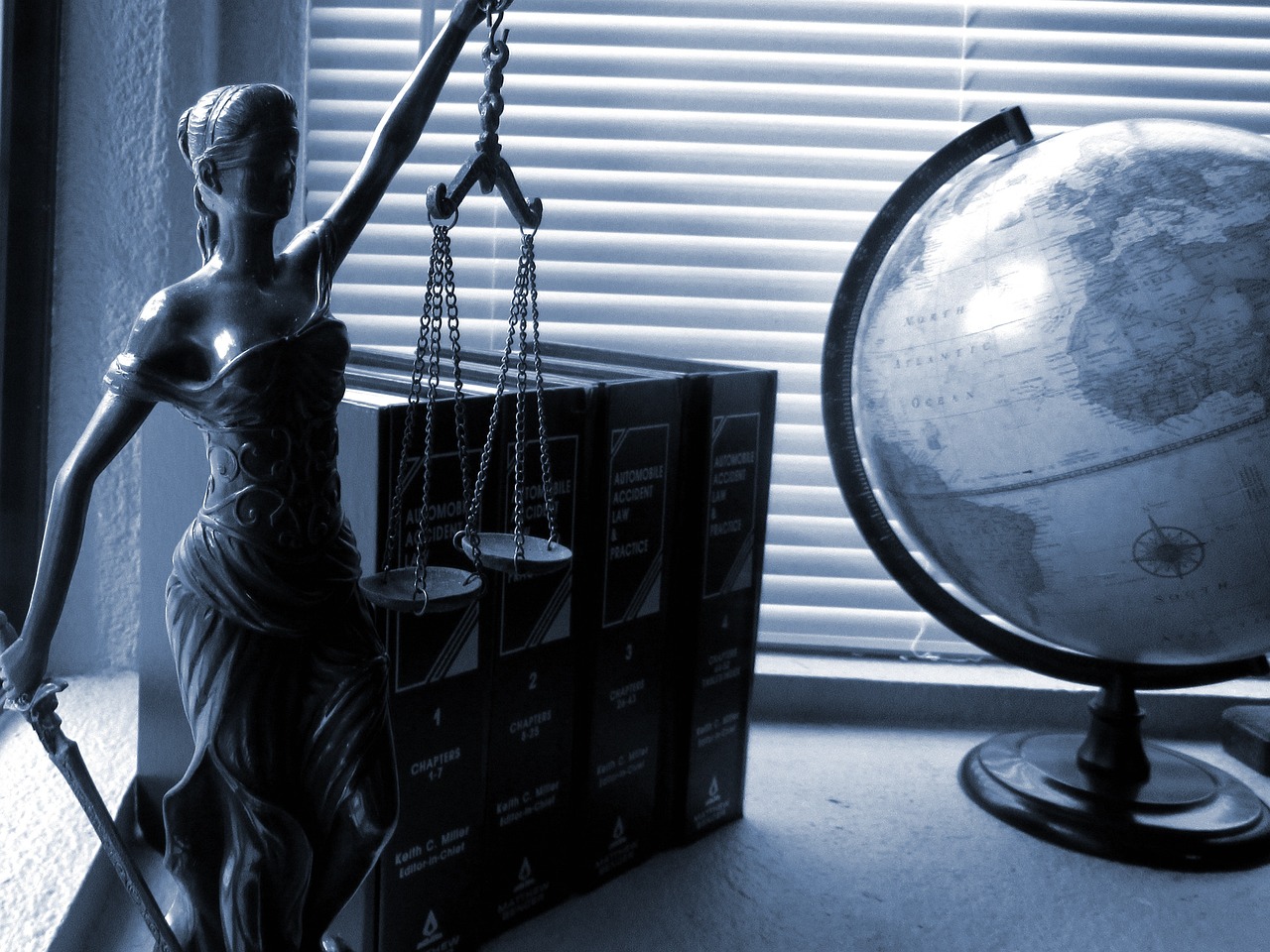Scandal at the Court of Brescia: Conviction for the PMs in the Eni-Nigeria Case
The recent ruling by the Court of Brescia has raised a storm involving two Milanese public prosecutors, Fabio De Pasquale and Sergio Spadaro. Both were sentenced to eight months in prison, a suspended sentence, for not having presented documents favorable to the defense in the controversial Eni-Nigeria trial, which ended with the acquittal of all defendants.
The Sentence and the Charges
The president of the first criminal section, Roberto Spanò, highlighted in the reasons for the sentence how the prosecutors selected only the evidence to support their thesis, deliberately neglecting essential data reported by Dr. Storari. The latter would have highlighted investigative elements in stark contrast with the accusatory narrative.
The Court defined such behaviors as “particularly serious”, underlining how De Pasquale and Spadaro ignored the exhortations of an internal magistrate of the Prosecutor’s Office, concerned about the negative impact of their omissions on the trial.
In particular, Dr. Storari had questioned the credibility of Vincenzo Armanna, the main accuser of Eni’s top management. Armanna’s statements had been particularly emphasized by the two prosecutors, leading to questions about their impartiality.
Reasons and Consequences
The panel of judges said that the prosecutors' choices may have been influenced by the need to justify the organizational decisions of the Prosecutor’s Office. In the event of a conviction for international corruption related to the oil field, the third department led by De Pasquale could have acquired significant notoriety.
Spanò clarified that the issue did not concern the discretionary power of prosecutors in the use of evidence in the Eni-Nigeria trial. However, he specified that such autonomy cannot translate into unlimited freedom that allows arbitrary choices.
A Look to the Future
This case raises crucial questions about the functioning of justice in Italy and the responsibility of prosecutors. The ruling could constitute an important precedent that invites a deeper reflection on investigative practices and transparency in criminal investigations. It is essential to ensure that justice is not only done, but also perceived as fair and impartial by the public opinion.


